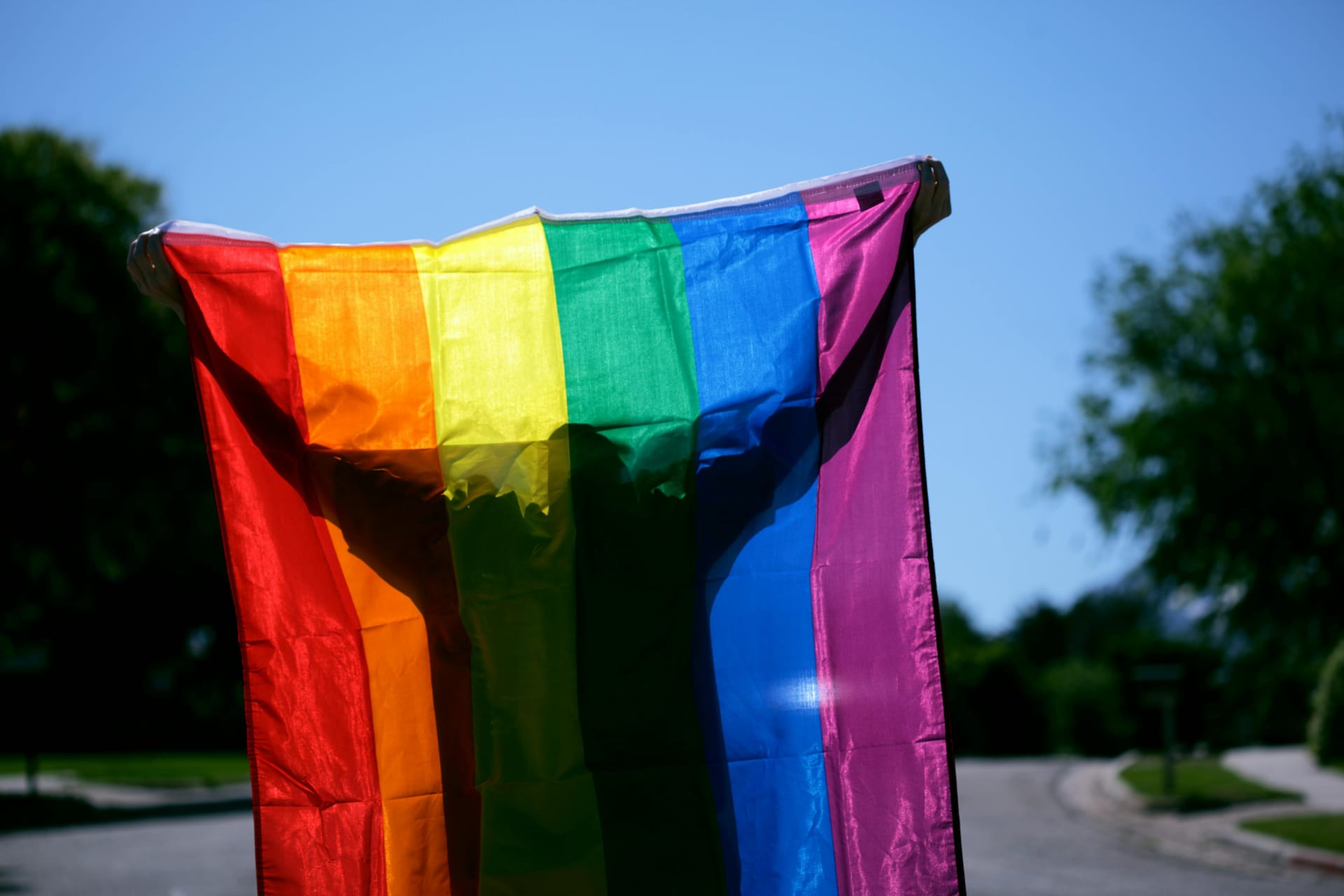After receiving a discrimination complaint from an incarcerated transgender woman on the basis of her disability and gender dysphoria, the Department of Justice (DOJ) opened an investigation of the State of Utah Department of Corrections (UDOC).
On Tuesday, April 2, 2024, the Justice Department filed a 9-pagelawsuit against the State of Utah, Utah Department of Health and Human Services, and the Utah Department of Corrections (UDOC) over the discriminatory and poor treatment of an incarcerated transgender woman, which eventually led to self-harm.
After receiving a discrimination complaint from an incarcerated transgender woman on the basis of her disability and gender dysphoria, the Department of Justice (DOJ) opened an investigation of the State of Utah Department of Corrections (UDOC). Numerous allegations of discrimination included the transgender woman being denied equal access to health care while being incarcerated. The DOJ’s findings were revealed in March of this year in a letter sent to state officials.
As early as July 2023, the Utah Department of Health and Human Services took over responsibility for health care services for incarcerated persons at UDOC. Here, the DOJ disclosed that the medical care necessary for her disability was unnecessarily delayed due to biases within the UDOC’s approval process. As a result, despite having submitted repeated follow-up requests and grievances, it took nine months to provide the woman with a diagnostic assessment for gender dysphoria and another six months to prescribe her hormone therapy. Additionally, when she was eventually prescribed hormone therapy, her UDOC physician improperly “tried to talk her out of pursuing the hormone therapy that she had been seeking for fifteen months” and failed to meet the safety regulations when administering the hormones — the physician did not conduct routine laboratory testing which would have ensured the efficacy of the hormone therapy and that it did not interfere with her other prescription medications.
Alongside the delaying of needed health care provisions were the refusal to make needed accommodations and changes to their policies to alleviate her gender dysphoria. As a case in point, aside from receiving one sports bra, all of her accommodation requests to be given female prison-issued clothing, including bras and women’s underwear, were denied. This refusal to provide gender-affirming clothing persisted despite the filing of requests and grievances where she explained: “by not allowing me this opportunity to live my life as a woman, who I believe I am and have lived life for many years, the prison is causing me such mental stress in the form of anxiety, depression.” Parallelly, when she requested modifications to avoid cross-gender searches they were ignored and denied, leading her to eat alone in her cell to avoid being searched by male officers. Further, she was additionally forced to reside in male housing, as according to the UDOC, “a move to the women’s facilities [was] not within the perimeter of UDOC’s policies and procedures.” Ultimately, these discriminatory and careless actions eventually led her to perform “dangerous self-surgery [to remove] her own testicles” in May of last year. This act of desperation was of significant danger to her health and was a testimony to the medical abuse committed by the State of Utah.
Despite the transgender woman’s stay in prison, the Americans with Disabilities Act (ADA) still protects discrimination behind bars. While being transgender is not necessarily a protected category under the law, many transgender people have underlying medical symptoms. Assistant Attorney General Kristen Clarke of the Justice Department’s Civil Rights Division affirmed his disapproval as he commented that“...all people with disabilities including those who are incarcerated are protected by the ADA and are entitled to reasonable modifications and equal access to medical care, and that basic right extends to those with gender dysphoria.”
Currently, the Department continues to urge the UDOC to make the needed modifications to their “policies, practices, and procedures when necessary to ensure that individuals with gender dysphoria have equal access to all [their] services,” and to ensure all employees are adequately trained in all the policies and procedures. They have also asked the UDOC to pay compensatory damages and provide relief to the woman.
While the State of Utah and Utah Department of Corrections have refrained from making a direct response to the lawsuit and alleged claims, Executive Director Brian Redd from the UDOC told The Salt Lake Tribune that the state was “blindsided” by the report, and that “we fundamentally disagree with the DOJ on key issues, and are disappointed with their approach.”
The ruling of this case has the potential to alter current Utah legislation regarding the state’s care of incarcerated transgender people and thus, has a large foothold in how the state will uphold human rights, safeguard public health, and ensure legal accountability.
Sienna Woodley
Sienna is an intern at Chen Law Journal and aspires to become an environmental litigator. Outside of academics, she plays lacrosse and has experience working with a local law firm. Sienna is interested in various types of sciences including ecology, environmental chemistry and chemical engineering.
Email Me




